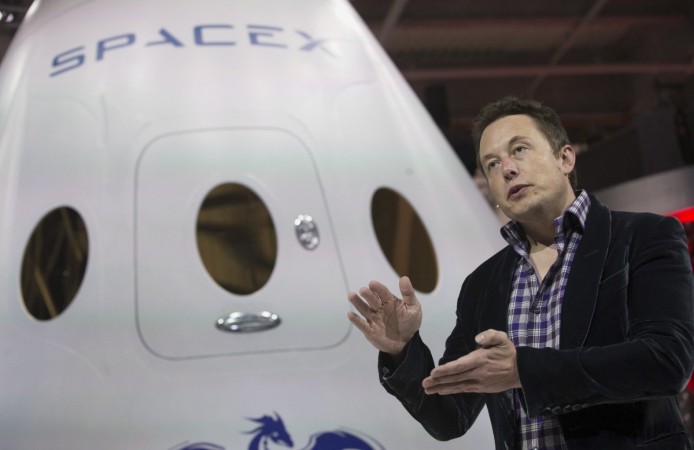SpaceX may have grand plans such as helping build a self-sustainable Mars colony, but that doesn’t mean the Elon Musk-owned company has forgotten us, the lots that will perhaps forever be stuck here on this third “rock” from the Sun. The company earlier this week outlined a detailed plan to install a network of internet-providing satellites around Earth.

In a statement during a Senate hearing on broadband infrastructure, SpaceX said that it was planning to start sending the craft as early as in 2019, five years prior to when the full network is expected to come online in 2024.
Patricia Cooper, SpaceX’s vice president of satellite government affairs, stated that the company wants to get started on the project by launching a prototype satellite into space later this year. The mission will be followed by another launch in early 2018.
Cooper said that these prototypes will help demonstrate that the custom-built craft has the potential to provide the internet for the masses across vast geographical areas. If the prototype missions are successful, the company will start building the network in 2019.

If everything goes as per plan, SpaceX will launch additional satellites in multiple phases until 2024, which is when the network should attain the desired full capacity. The craft will operate on the Ka- and Ku-band frequencies, the mission outline states.
As for the launches, the satellites will be dispatched to low-Earth orbit using SpaceX’s homegrown Falcon 9 rockets. The choice of Falcon 9 is expected to help the company save a lot of costs in addition to ensuring that the project is not jeopardized by the schedules of other spacefaring organizations.
SpaceX said it is optimistic that the network, when it reaches its full potential, could facilitate relatively fast internet to billions across the globe.
“In other words, the common challenges associated with siting, digging trenches, laying fiber, and dealing with property rights are materially alleviated through a space-based broadband network,” Cooper said, as reported by the Verge.
